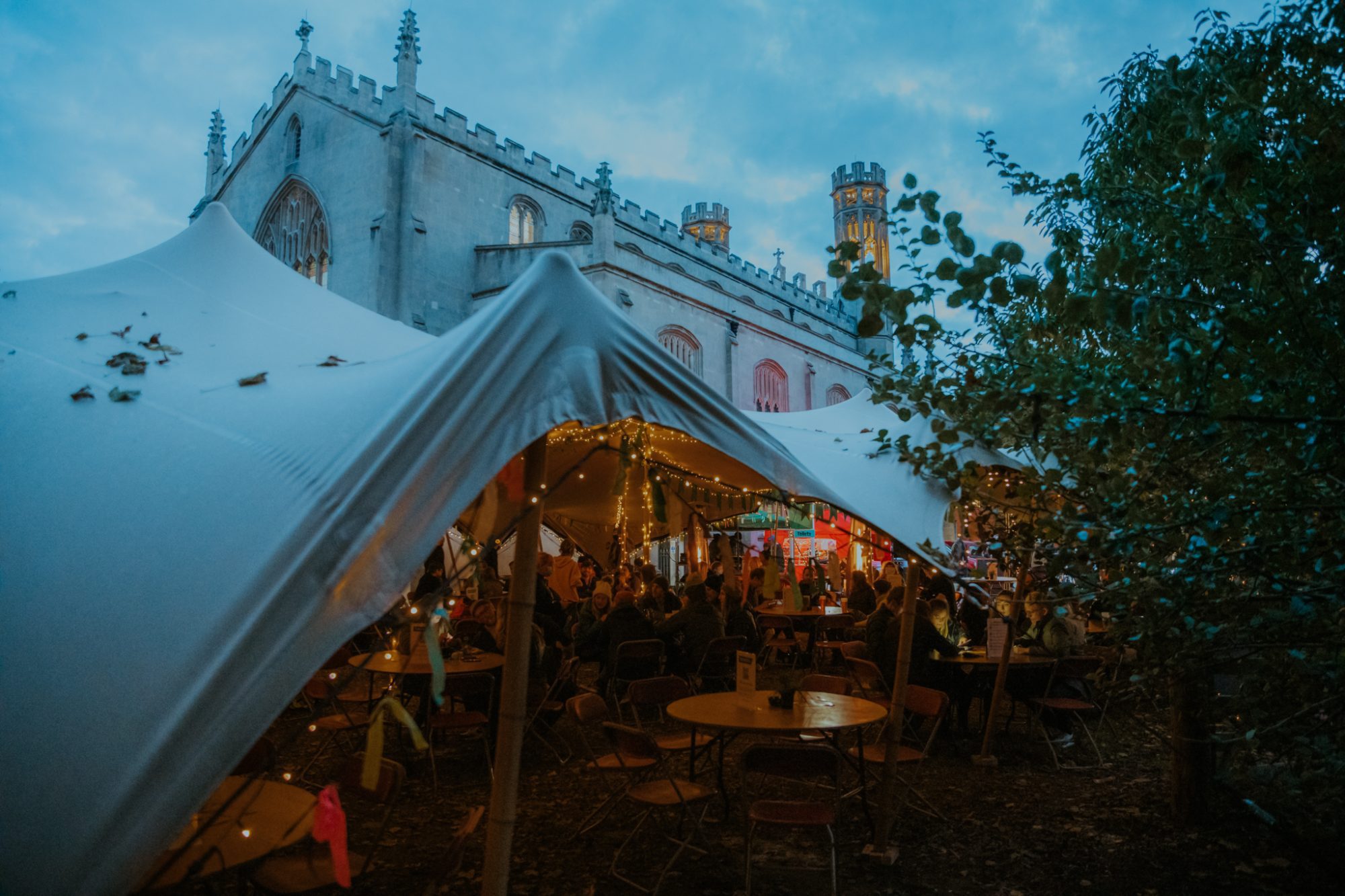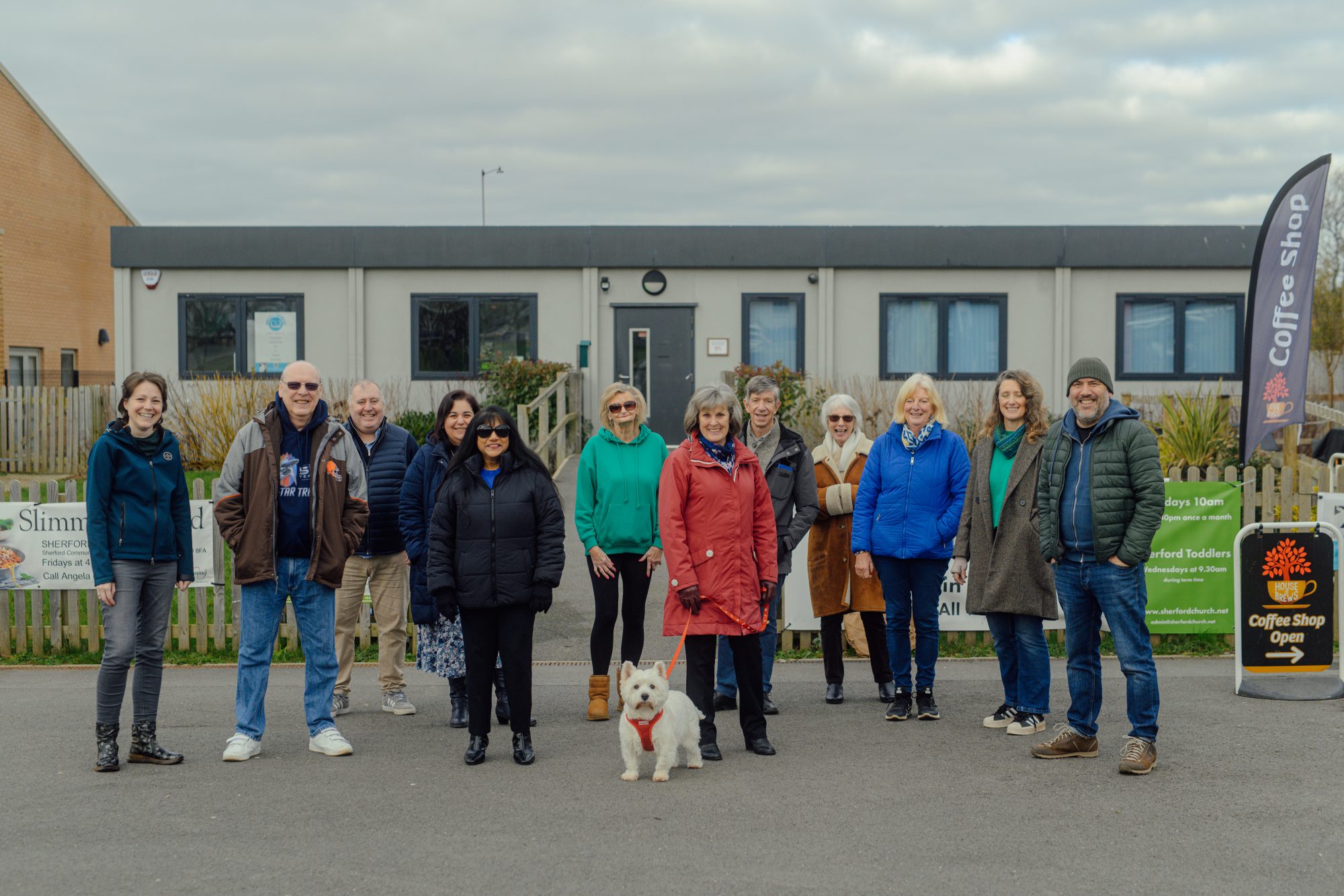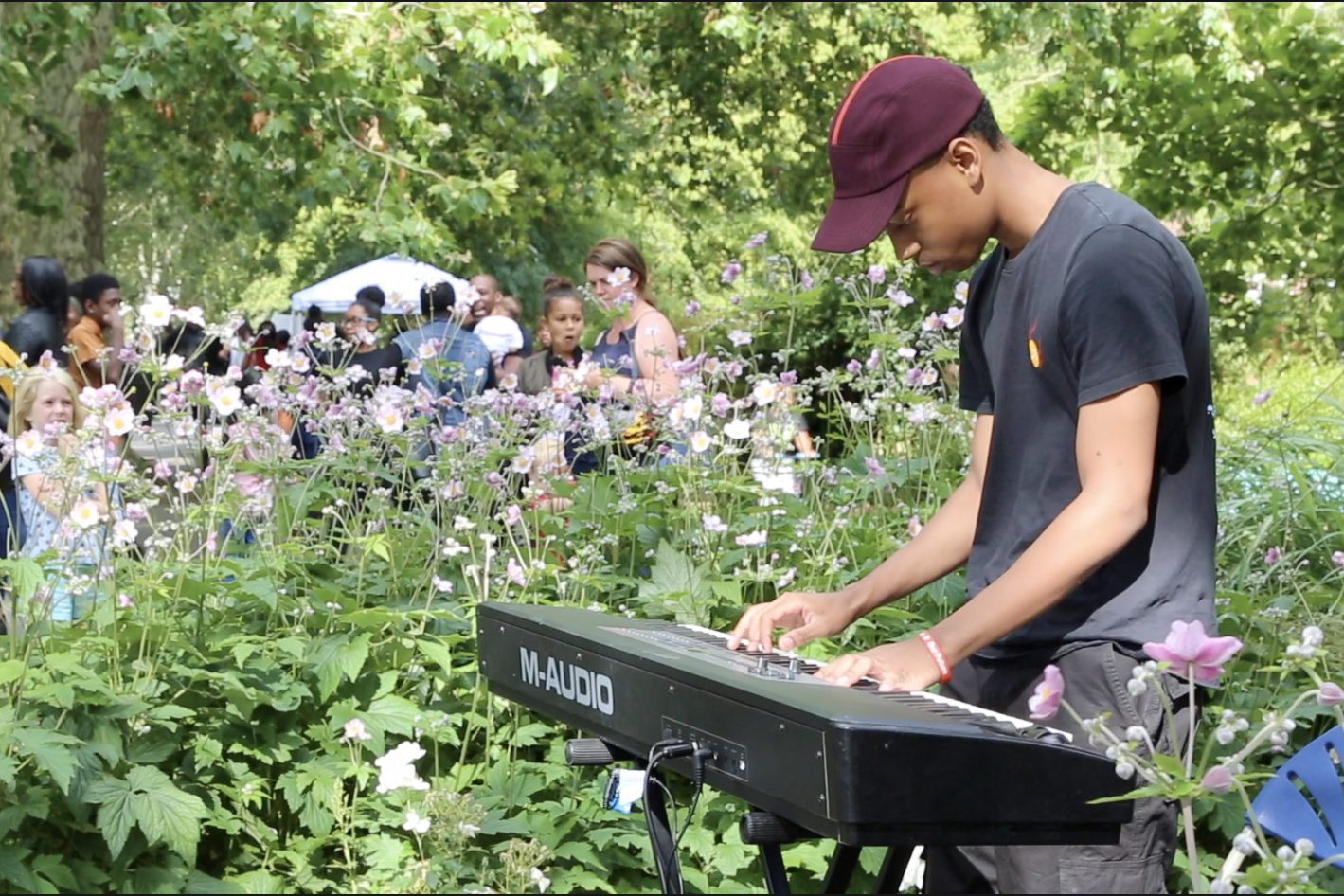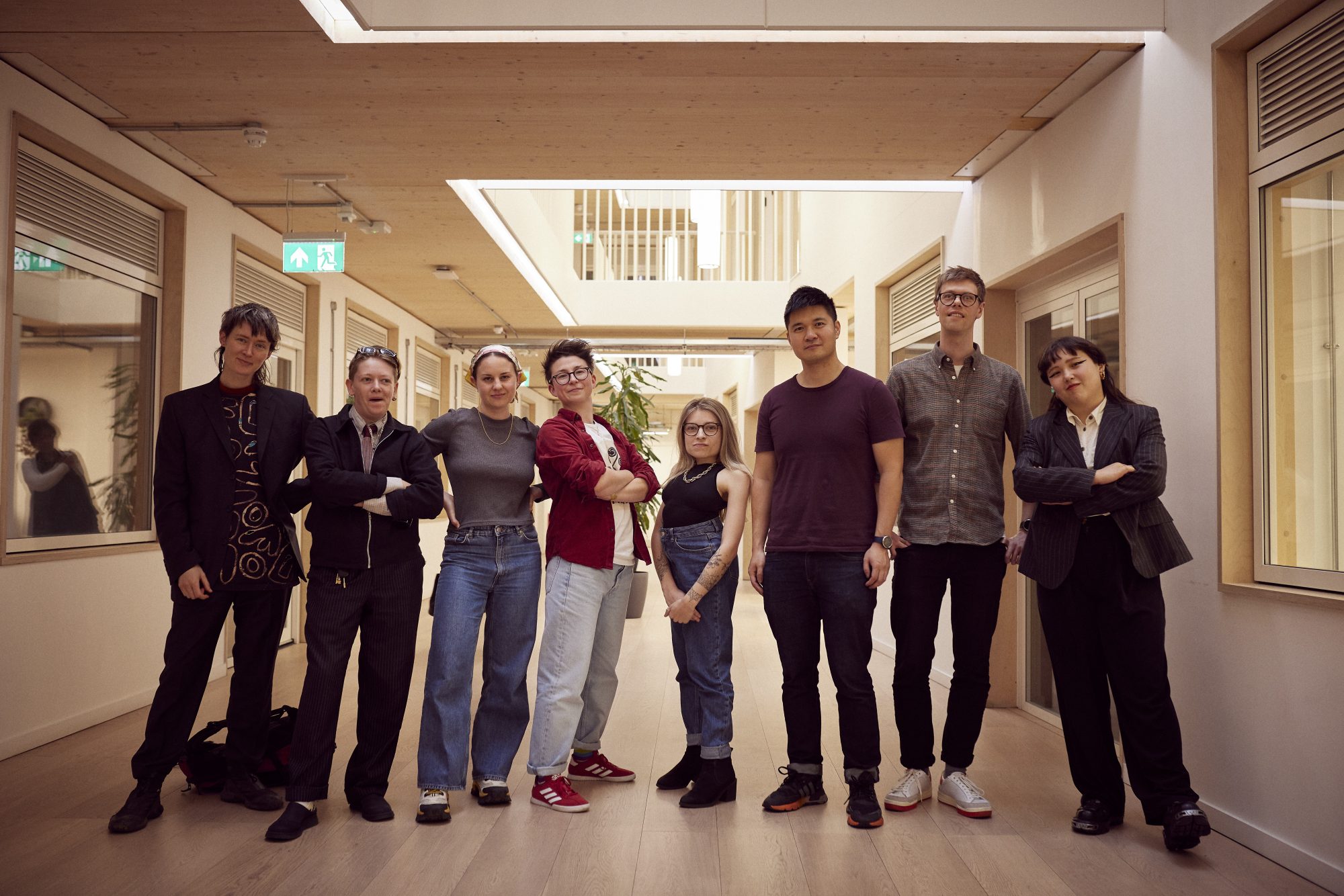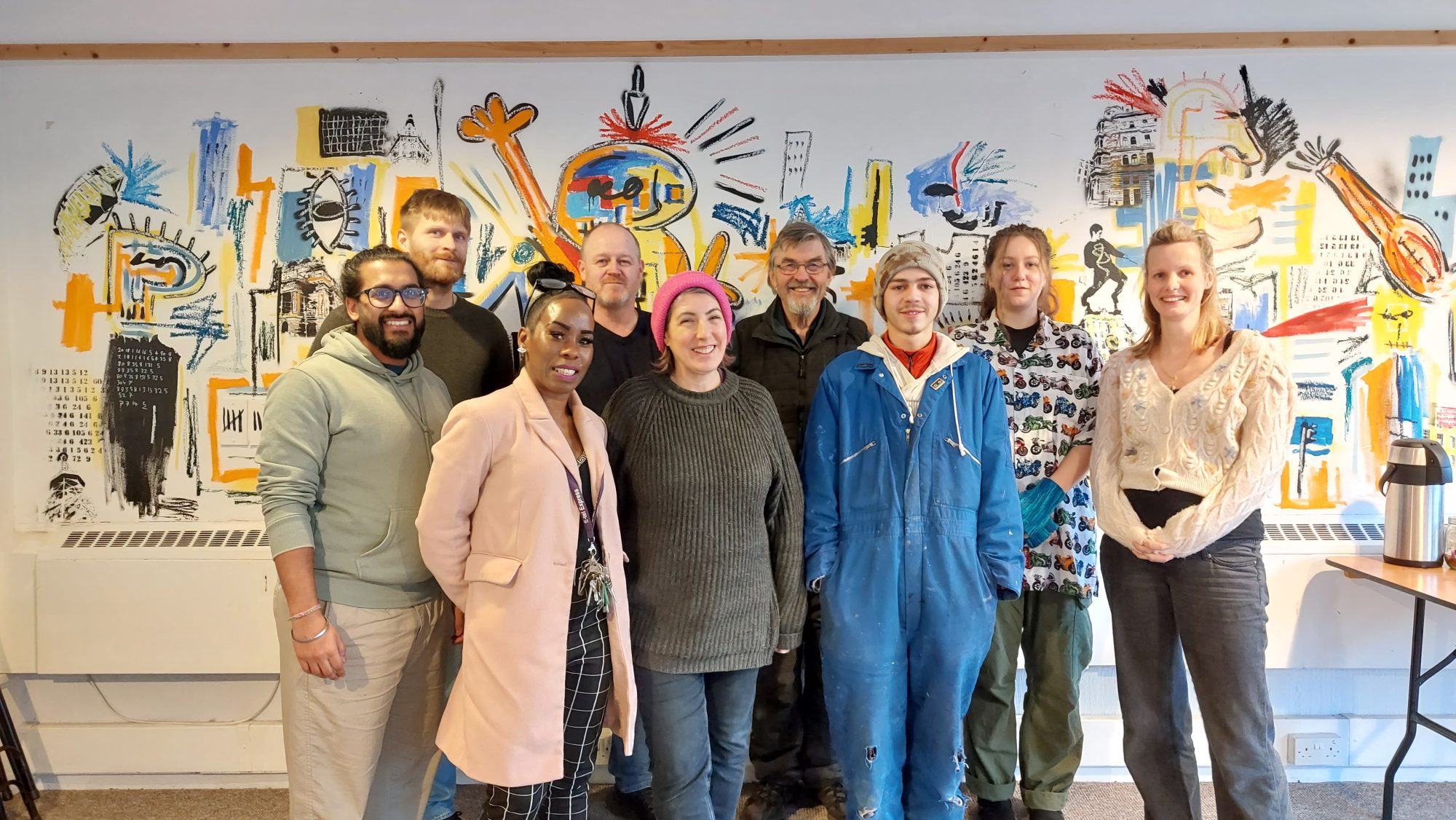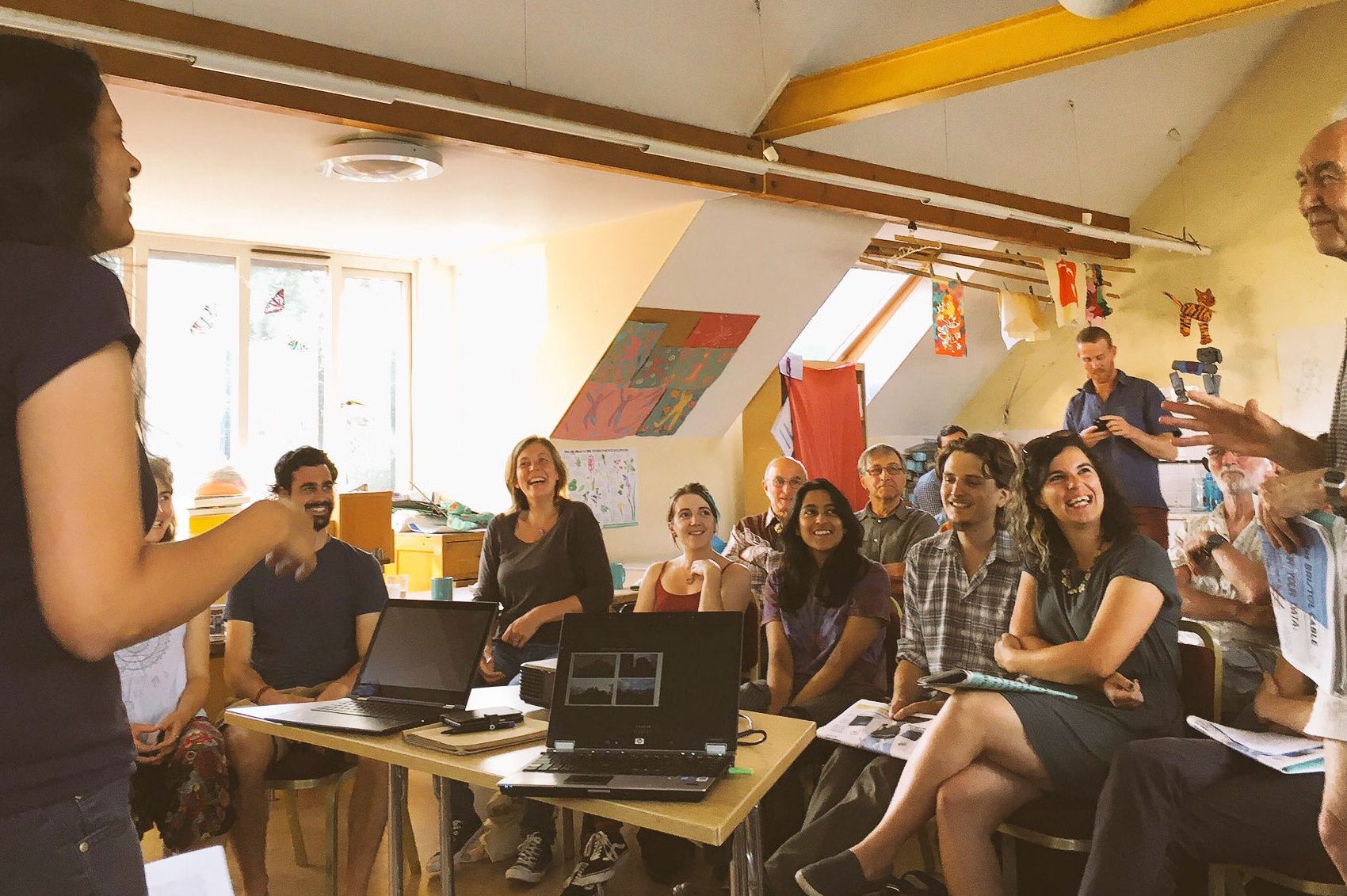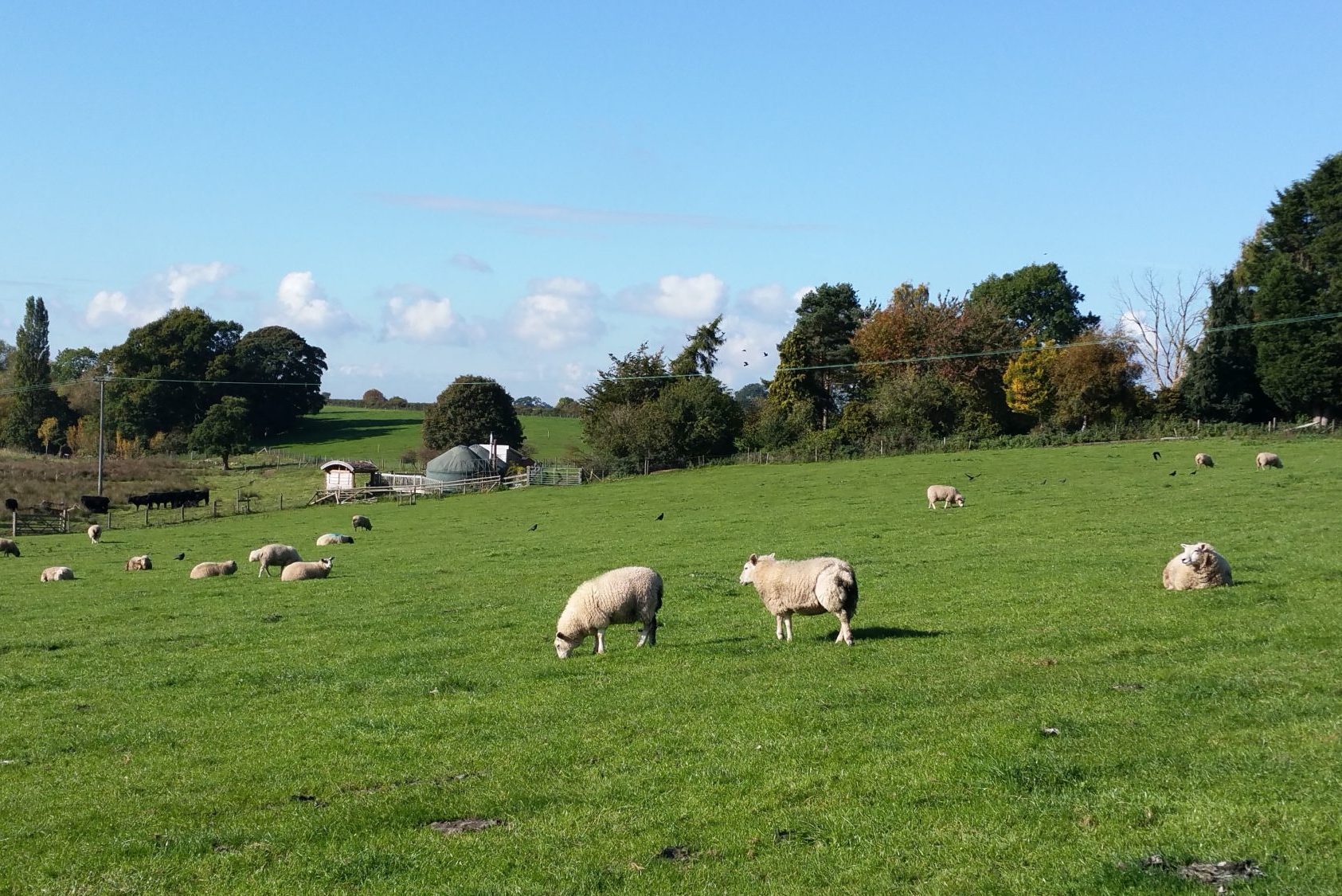The Trinity Centre’s early years as a community centre and music venue were set against the backdrop of rising national and local race and class tensions. These tensions culminated in the St Pauls riot. During the early 1980s, the centre provided a much-needed outlet for local youth culture, hosting nights of dub, reggae and playing host to some of the biggest music stars of the time such as U2, The Cramps, Echo and the Bunnymen, Joy Division and New Order. During the 90s, Trinity gained international fame as an important landmark in the globally exported Bristol Sound, hosting local acts Roni Size, Smith & Mighty and Portishead.
Trinity Community Arts took over management of the building in the early 2000s, continuing its tradition as a Bristol community hub and music venue, as well as providing recording and broadcast studios, and training around media arts and technology, run almost entirely upon free, open-source software. Their connection with and impact on local young people is still at the heart of this organisation all these years later.
Stefan Boakye, 30, started his career in finance, but after becoming disillusioned with the corporate world he moved into community work. “It was very stressful, and I didn’t feel like I could be myself,” he says. “I felt like I had to hide a lot of my identity. And it was very profit driven, very focused on productivity and people were leaving every five minutes.”
Stefan moved to Bristol from Manchester for university and loved the city so much he stayed after graduating. He now works with Trinity members and the local community to help support activities co-created and/or driven by communities. “The ethos of Trinity – they’re really progressive, they’re really open. This is the first job where I really felt like I could be myself. Everyone’s opinions are valued, no matter what level you are. I’ve been given a lot of freedom which was quite overwhelming! I had to learn how to manage my own time and workload, but I have so much more freedom. I’ve done so many things I’ve never done before.”
Trinity works with partners, such as Eastside Community Trust, and local schools to shape and programme community activities. “This includes forest school sessions and family garden activities. We also have free and subsided hall hire so community groups can deliver regular activities, such as dance and Samba. Through our in-house programme, Trinity Presents, we have an array of dance, theatre and music for all ages as well as commissioning artists who have co-creation and participation at the core of what they do.”
Sam Prosser, 24, joined Trinity as part of the government’s Kickstart scheme in 2021 and is now a permanent member of staff. Having grown up in south Bristol, he was aware of Trinity through various events over the years but didn’t know much about their wider work. “Trinity is a cultural organisation that has a big role in the art scene within Bristol which ultimately a lot of young people are at the heart of. So to have young people at the back end of that who are helping to shape the output, they know what young people want. To have their voices heard loudly in that space, so that everyone is represented and it’s not just catering to one group of people.”
Sam says that he couldn’t see himself having a career in a more corporate setting, and that working for an organisation with a strong culture of community is what he wants to do going forward. “Obviously we still have sales targets and KPIs, but ultimately it’s about serving the community first and being a space for people and putting money back into the community. It’s being part of a business model that isn’t just based on growth and profits, it’s nice because it means the priorities are in the right place.”
As a marketing assistant, Sam has the job of making sure their communications reach all members of the community. It’s no mean feat, but he says the rewards of the job make it all worthwhile. “I’ve found it’s doing something good just does make your working day a lot more pleasant,” he says. “I actually respect the ethics of this company, which I’m sure a lot of community businesses have the same kind of ethics and standards. It’s just being part of that every day, it has a lot of job satisfaction.”
